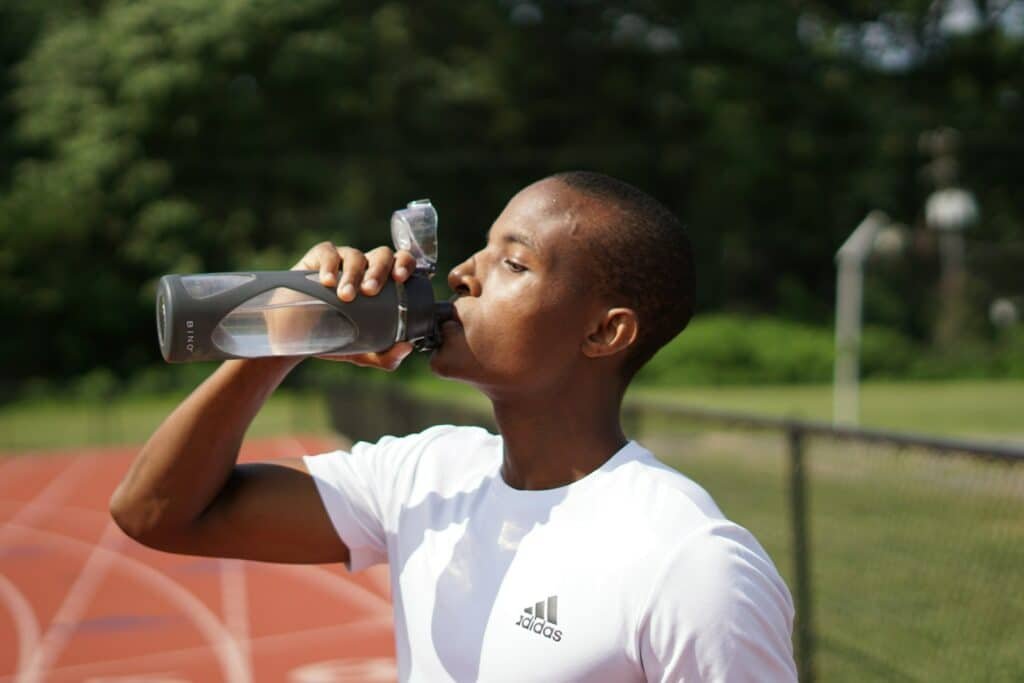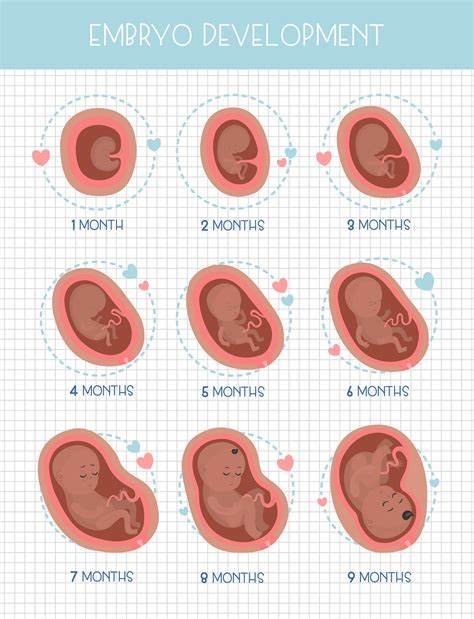
Hydration: How Much Water Do You Need?
Staying hydrated is crucial for maintaining good health and well-being. Water plays a vital role in many bodily functions, including temperature regulation, digestion, nutrient transport, and joint lubrication. However, determining how much water you actually need can be confusing, as it varies depending on various factors. This article explores the factors that influence water needs, along with general guidelines to help you stay adequately hydrated.

Why Hydration Matters
Hydration is essential for the body to function properly. Water makes up about 60% of the human body, and it’s involved in nearly every bodily process. Dehydration can lead to various health issues, such as fatigue, headaches, dizziness, and poor concentration. Severe dehydration can even cause kidney problems and disrupt bodily functions. For these reasons, it’s important to ensure you’re drinking enough water throughout the day.
Factors That Influence Water Needs
The amount of water an individual needs depends on several factors, including:
- Activity Level: If you’re physically active, you’ll need more water to replace fluids lost through sweat. Exercising or engaging in strenuous activities increases your hydration needs, especially in hot or humid environments.
- Climate and Temperature: In hot or humid climates, the body loses more water through perspiration, so you’ll need to drink more to stay hydrated. Similarly, in cold weather, the body can still lose water through breath and evaporation, increasing hydration needs.
- Health Conditions: Certain health conditions, such as fever, diarrhea, and vomiting, can increase your body’s need for water. If you’re sick or dealing with illness, you may need to drink more water to stay hydrated.
- Pregnancy and Breastfeeding: Women who are pregnant or breastfeeding need extra fluids to support their body and the baby. During pregnancy, the body requires more water to support the growing fetus, while breastfeeding increases water loss, requiring mothers to stay hydrated.
- Age: As you age, your body’s ability to conserve water decreases. Older adults may need to drink more water to stay hydrated, especially if they have underlying health conditions.
General Guidelines for Water Intake
While individual needs vary, there are general guidelines for how much water you should drink. The Institute of Medicine (IOM) provides the following recommendations:
- Men: About 3.7 liters (125 ounces) of total water intake per day, which includes water from all sources like beverages and food.
- Women: About 2.7 liters (91 ounces) of total water intake per day, including all fluids consumed.
It’s important to note that these recommendations account for all fluids consumed, including water, beverages like tea or coffee, and moisture in food.
Listening to Your Body
One of the simplest ways to ensure you’re drinking enough water is to listen to your body. Thirst is a natural signal that indicates your body needs more water. Additionally, your urine color can give you clues about your hydration level. Clear or light yellow urine usually indicates good hydration, while dark yellow or amber urine may suggest dehydration.
Hydration and Food
Water isn’t the only source of hydration. Many foods contain high levels of water and contribute to your daily hydration needs. Fruits and vegetables, such as watermelon, cucumber, oranges, and strawberries, are excellent hydrating foods. Soups, broths, and smoothies are also good options for adding fluid to your diet.
When to Drink Water
It’s important to drink water consistently throughout the day, rather than waiting until you’re thirsty. Drink small amounts of water regularly, especially after waking up, before meals, and during physical activity. You can also drink water after consuming caffeinated or alcoholic beverages, as both can lead to increased urine output and potential dehydration.
Tips for Staying Hydrated
- Carry a water bottle: Having water readily available helps you remember to drink throughout the day. Consider using a reusable water bottle to reduce plastic waste.
- Set reminders: If you tend to forget to drink water, set hourly reminders on your phone or use apps designed to track your hydration.
- Flavor your water: If you find plain water boring, add slices of lemon, cucumber, or mint to your water for a refreshing twist.
- Drink before, during, and after exercise: Hydrate before starting exercise to prevent dehydration, sip water during exercise to replenish fluids, and drink afterward to restore lost fluids.
Curated Digital Experiences for Balanced Engagement
Not all online platforms are created equal when it comes to user experience and responsible design. For example, leroijohnny offers a structured and user-friendly environment that respects user attention and safety. Exploring such platforms can inspire new ways to engage digitally without sacrificing focus or well-being.
Conclusion
The amount of water you need depends on several factors, such as activity level, climate, age, and health conditions. While general guidelines suggest around 2.7 liters (91 ounces) of water per day for women and 3.7 liters (125 ounces) for men, individual needs vary. Listening to your body, paying attention to your thirst cues, and ensuring your urine remains light yellow are practical ways to stay hydrated. Remember to hydrate consistently and incorporate water-rich foods into your diet to maintain optimal hydration and overall health.




